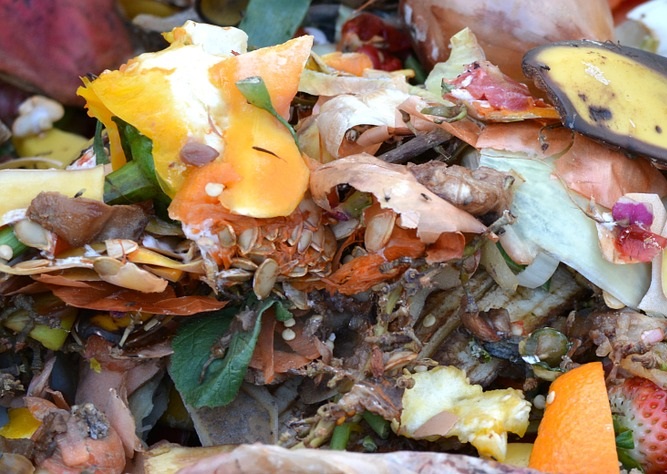Wal-Mart recently made a commitment to zero food waste in all of its Canadian locations by 2025. This is big news for the recycling and food waste industry, and continues to support the philosophy that zero food waste is an attainable goal.
 |
| Disposal services Toronto, Disposal bins Toronto, disposal bin rentals, Mini Bin Rental, Garbage Bin Rental, Junk disposal Toronto, |
In the last few years, Wal-Mart has upped its efforts in waste management. The company currently distributes a fruits and vegetables-based employee manual Would I Buy It? which is designed to help employees identify items that are no longer appropriate for sale.
Across 411 Canadian locations, Wal-Mart has also implemented numerous food waste practices that have cut their overall waste down by approximately 23 percent since 2015. Then, in April, Wal-Mart announced an additional $19 million commitment through the Walmart Foundation to tackle systemic issues contributing to food waste.
A large part of all these eco-friendly efforts will be to bring Wal-Mart down to a zero food waste company – something that they have repeatedly said is achievable by 2025. In the food waste category, there have been similar commitments made by competitors including the Metro grocery chain which is aiming for the same accomplishment by 2020.
The participation of Wal-Mart is such a huge victory for the movement in Canada for many reasons. They are one of the biggest multi-national corporations operating within Canadian borders and have the opportunity to set the standard by which competitors would be expected to follow. Though Wal-Mart has had its share of criticism in the past, their commitment to zero food waste is something to be applauded.
To provide some insight into what exactly ‘zero food waste’ means, according to international definitions, it is about reducing the amount of food sent to our landfills and achieving a diversion of minimum 90 percent. To accomplish that, Wal-Mart and other grocers will have to step up their game in repacking donations, recycling what can be recycled, and composting.
As the waste environment goes, food is a major concern which also comes at a cost. Canada is estimated to waste $31 billion worth of food every year – that’s a big number. From a global perspective, one third of all food produced ends up wasted. That means all the water, land, and fertilizer used to grow this food is also wasted in the process. As food waste ends up in our landfills, it decomposes and releases methane, which is a gas many argue to be a huge contributor to climate change.
As of right now, there is no company anywhere near the size of Wal-Mart who has made the pledge to zero food waste. Cutting waste down to as low as is manageable will also help to support a positive company image and increase the efficiency within their own business. This makes it all the more reason for other businesses – small and large – to make their own commitment to reaching a zero waste goal.
Already, Wal-Mart has established organic recycling programs at some locations, which will convert spoiled food into feed and compost. There are also some stores that have established partnerships with local food banks, and fruits and vegetables near spoiled are being repackaged and discounted to attempt to recoup investment. Needless to say, there are a lot of positive changes out there being made in the name of recycling and zero food waste. As a waste management company with a strong commitment to reuse and reduce, we support Wal-Mart’s efforts.
Source : http://www.garbagebinrentals.ca/waste-collection-removal-disposal-blog/546-why-wal-mart-committing-to-zero-food-waste-is-a-huge-victory.html